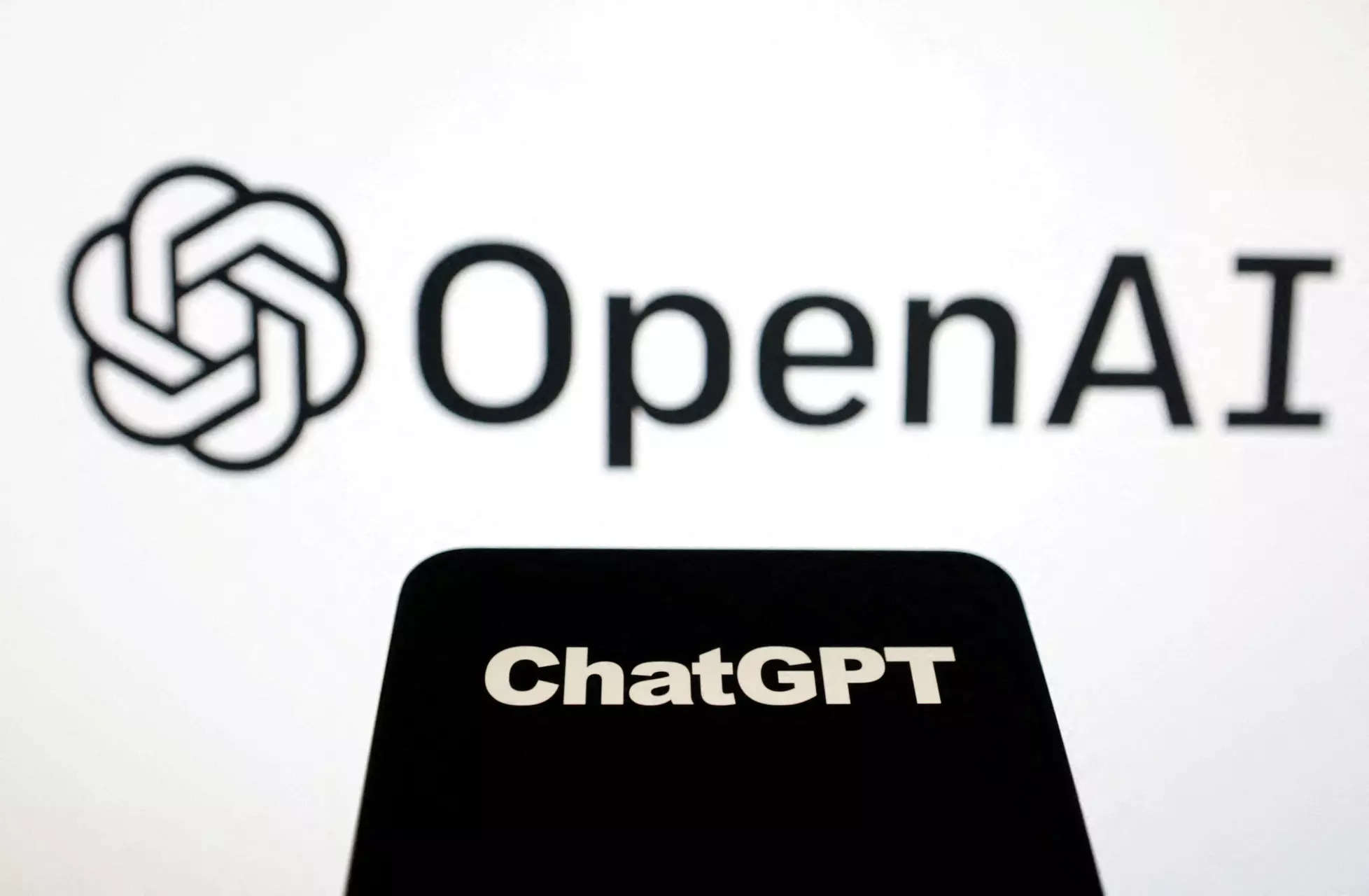ChatGPT dragged to US court over AI copyright

US comedian Sarah Silverman and two other writers have sued Open AI over copyright infringement in the latest pushback by creatives since the release of the company’s ChatGPT took the world by storm.
The plaintiffs accuse the San Francisco company of using their works to train their prostheses. Permissionless intelligence models add to a range of matters that could complicate the development of the tech world’s biggest new trend.
The trio also filed a lawsuit against Facebook’s parent company Meta, whose lesser-known open source model also used pirated downloads of its books for training. purpose, the lawsuit alleged. Most of the training materials used by OpenAI and Meta “come from copyrighted works – including books written by Plaintiffs – that were copied by OpenAI and Meta without consent, without credit and without compensation.”
lawyers for all three said in a blog post. In both lawsuits, which were filed in a California court on Friday, the authors accuse the tech companies of using their books to train their AI models and are claiming a range of copyright infringements.
If these types of cases are successful, they would invert the way technology is developed, limiting the way tech giants build their models and produce solid, human-like materials.
Plaintiffs in recent cases include source-code owners against OpenAI and Microsoft’s GitHub, visual artists, as well as photo agency Getty Against Stability AI. San Francisco attorneys Joseph Savery and Matthew Butterick are behind other such lawsuits and filed the latest on behalf of Silverman and writers Christopher Golden and Richard Kadrey.
The lawsuit cites Silverman’s 2010 best-selling book. memoir “The Bedwetter,” Golden’s horror novel “Arart,” and Kadrey’s Sandman Slim supernatural noir series. Silverman is known in the United States for his sharp and often controversial humor, as well as being outspoken on social and political issues.
Against OpenAI, the Plaintiffs state that they “did not consent to the use of their copyrighted books as training material for ChatGPT. Nevertheless, their copyrighted material was subsumed and used to train ChatGPT”. The firm’s LLAMA model that included their works.
These libraries use pirated torrent downloads to illegally publish copyrighted works. OpenAI declined to comment on the lawsuit, while Meta responded to requests for comment. did not respond immediately.
Source link | Unveiling the Truth Behind “Pink WhatsApp”




